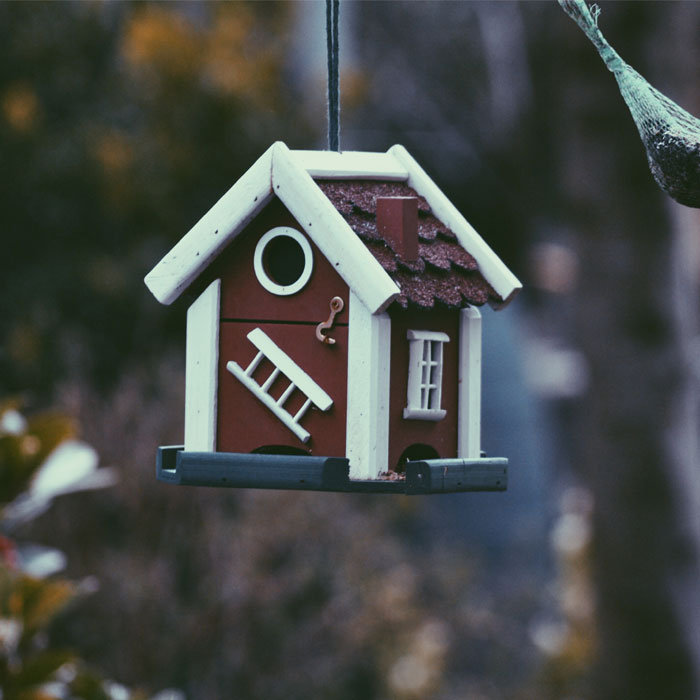
Choosing Home Insurance in Virginia: Top Providers and Considerations
Virginia has a variety of virginia home insurance companies offering coverage throughout the state. Some of the top providers include Liberty Mutual, Allstate, State Farm, and USAA. Each of these companies offers a range of coverage options and discounts, so it’s important to compare quotes from multiple companies before selecting a policy.
Overall, the cost of home insurance in virginia will vary depending on factors such as the size and age of the property, the amount of coverage needed, and any available discounts. It’s important to compare policies from multiple insurers in order to find the best and most affordable coverage for your needs.
When insuring your home, it’s important to understand the different types of coverage available. Homeowners insurance typically covers property damage from natural disasters such as fires or storms, as well as personal liability if someone is injured on the property. Additional coverage can be purchased for additional protection against things like theft and vandalism. Additionally, you may want to consider getting flood insurance if you live in an area prone to flooding, as standard homeowner’s policies do not cover this risk.